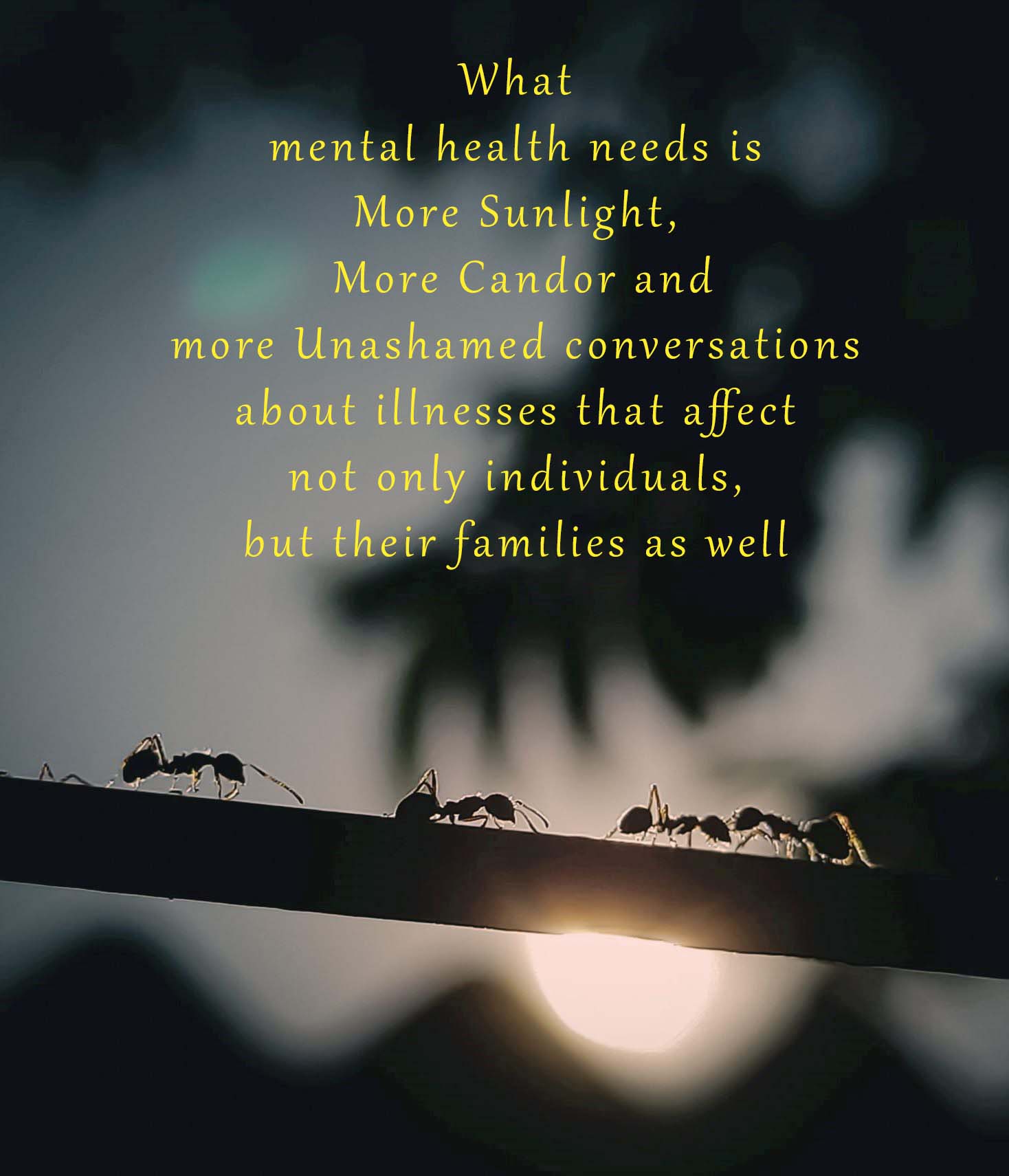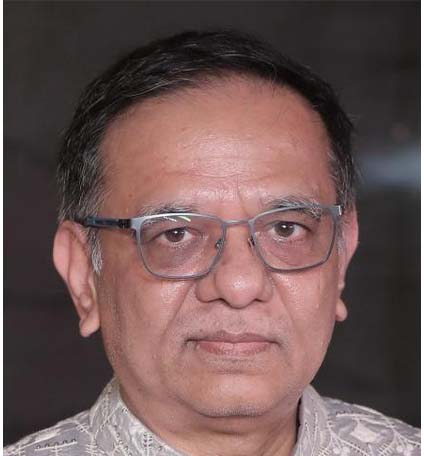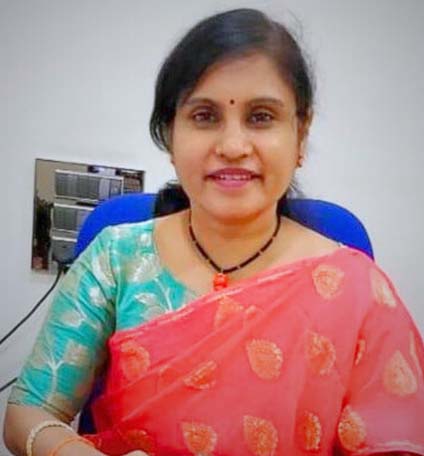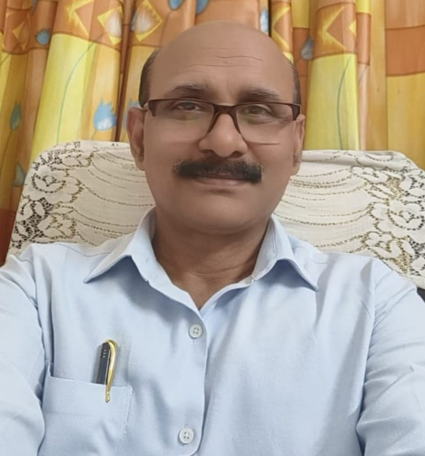

BEST PSYCHIATRIST Hospital in Vijayawada.
Spandana Hospital is a hospital for complete Psychiatry and Mental Health Services in Vijayawada. Spandana Hospital was started in 1994 by Dr Krishna Mohan Parvataneni Garu, with the aim of providing affordable and quality mental health services.
In the last 30 years,it has catered to the mental health needs of people from all parts of Andhra Pradesh and Telangana, predominantly to the people of Vijayawada and adjoining areas.
It has its roots in the works of Dr. Vidya Sagar Diwan, popularly known as the "Father of Indian Psychiatry", who was a pioneer in community psychiatry, showing how Modern Psychiatry can be adapted to local conditions.

Our team believes that "Each individual is unique and each problem needs to be appoached with different perspective". We also believes that "Treatment of patients doesn't end with prescription only" and we are strong conveye of family therapy and holistic psychotherapeutic approaches.He endeavours to be not only doctor but also guide and mentor to patients so that they can live a more productive personal and professional life. Spandana Hospital team received many awards for efforts towards improving mental health awareness and community programmes.





Misconceptions about mental illness prevent many people from getting the help they need. Stigma—the shame associated with needing mental health support—can be deeply harmful. Given that rates of anxiety, depression, and other mental health disorders are on the rise, continued stigma causes people to suffer in silence needlessly. Here are some of the most common mental health myths and facts.
A long-standing misconception about mental illness is that it’s not normal to feel badly. But mental health struggles are a normal part of the human condition. "Nearly 1 in 5 people in India suffer from anxiety and approximately 1 in 10 suffer from Severe Depression episode while further 1 in 7 suffer from severe Sleep and Relationship problems. 1 in 50 suffer from some form of Bipolar Disorder and 1 in 100 suffer from Schizophrenia". These statistics only apply to diagnosable mental health conditions. There are many ways people experience mental health problems, and not all of them require a diagnosis.
Part of breaking the mental health stigma is openly discussing the fact that many people will need mental health support at some point in their lives. In a World Health Organization (WHO) survey, about 50 percent of participants were diagnosed with a mental health illness at some point in their lives.
Although it’s normal to struggle, you don’t have to suffer. If you find your symptoms are keeping you from fulfilling your goals or functioning in daily life, there are effective solutions. For some, professional mental health care is part of the solution. For others, self-care and coping skills can bring relief. What matters most is that you feel empowered to do something to support your mental health.
If you break your leg, no one expects you to walk off the pain. Just as you would seek care from a physician for a physical ailment, you should have the same expectation around receiving treatment for a mental health issue. You don't have to deal your mental health issues alone.
Here are some SIGNS that you might benefit from professional mental health support:
You’re experiencing
a) prolonged stress, anxiety, or depression.
b) You’re feeling persistent irritability, anger, anxiety, or sadness.
c) You’ve experienced a decline in work performance.
d) You’re withdrawing from relationships or having relationship problems.
e) You have decreased motivation and/or difficulty concentrating.
f) High Risk activities and problems with sleep and diet are occuring.
Psychiatrist provides a different level of support than friends or family. Both contribute to positive mental health, but in different ways. Professional mental health support is:
Confidential – People often feel more at ease opening up to a mental health professional because they are bound by privacy laws.
Objective – The Psychiatrist’s role is to listen attentively and offer tools and strategies to help you feel better. There is no risk of them judging you, taking sides, or using information against you.
Skilled – Psychiatrists have specialized training and tailor treatment to your needs. Many use therapies that have been proven effective in research.
This myth about mental illness is one of the most damaging. MENTAL DISORDERS ARE MEDICAL CONDITIONS, just like diabetes, heart disease, and other physical health problems. They are caused by a variety of factors, including genetics, environment, and life experiences like trauma. Managing a mental health disorder requires strength and resilience. Fortunately, this mental health myth is gradually disappearing as awareness of mental illness grows.
Research has time and again showed that Combination of Medication and Therapies like Cognitive Behavioral Therapy (CBT) is most effective in the treatment of most mental health issues. We have come a long way from an era of No availability of medicines for Psychiatric illnesses to era of Medication with some side effects to Current era of New effective medication with negligible side effects.
Sensationalized stories in the media contribute to this mental health myth. But research shows most people with mental health disorders are not violent. In fact, people with severe mental illnesses are 10 times more likely likely to be victimized than the rest of the population, rather than be perpetrators.
Everyone has mental health, even if you don’t have a diagnosable mental health condition like depression or anxiety. For those who have been diagnosed with mental health conditions, there is no substitute for treatment from a licensed care provider. But if you have mental health struggles that are on the milder end of the spectrum, such as stress or relationship issues, you can still benefit from Therapy, Counseling, Self care strategies, Career counseling, Problem solving skills, Sleep hygiene and Positive Psychiatry approach.
This outdated myth about mental illnesses sends a discriminatory message that people with these issues shouldn’t be in the workforce. While people with severe mental illnesses are less likely to work than those with milder forms of illness, most people with mental health issues are in fact employed. More than one-third of people with serious mental illness also work. Most people with mental health conditions want to work, and research shows doing so can improve their health and quality of life.
Mental health disorders are easy to overlook in children and teens, but even young kids can show symptoms. Studies show half of all mental illnesses develop by the mid-teens, and three-quarters appear by the mid-20s. Only half of these young people get the treatment they need. Getting help early on may reduce the severity of the illness and minimise the risk of secondary problems like trouble at school and high risk activities.
Most Psychiatry illness fall under mild to moderate severity which can be treated with just 6 to 12 months of medication supported with therapy. Some major illness need life-long medication under supervision of psychiatrist. Medication when correctly supervised can actually do wonders for the mental health and life of patient.
It’s likely that we will all struggle with our mental health at various points in our lives. We all deserve support to overcome these struggles, without misconceptions about mental illness standing in our way. Destigmatizing mental health means acknowledging that this struggle is common. It is valid and normal to seek mental health care. While self-care is useful, we don’t always have to do it alone, and asking for help is a sign of resilience
"I was in a terrible state for 3 continuous years because of stress and depression and lost everything. A friend took me to Dr. Srikanth Psychiatrist sir. He treated me with Cognitive Behavioral Therapy and medication."
My mother is suffering from chronic psychosis and suicidal behavior. We were exhausted with multiple treatments at various hospitals. Sir gave treatment for Bipolar Disorder and depression and with good results. Sir is very good to us."
"Dr. Madhavi mam explained to me in detail about my condition and with counseling and therapy and medication she lifted my spirits. I recently finished my MBA and doing well."
"Dr. Krishna Mohan garu is very good listener and best psychiatrist and good human. He gave treatment for Schizophrenia and anger problems and gave me therapy and medication. He is always available to his patients for last 30 years."